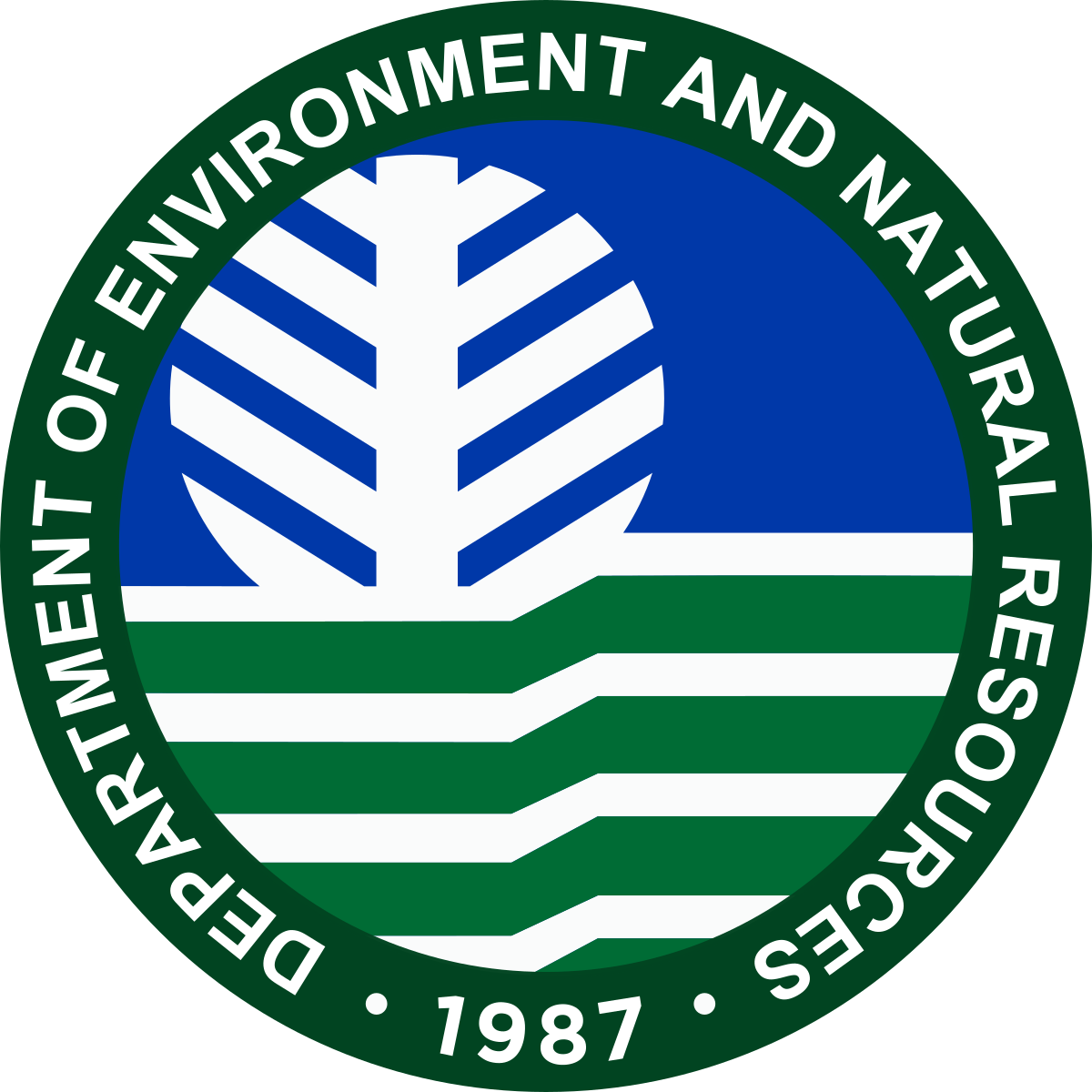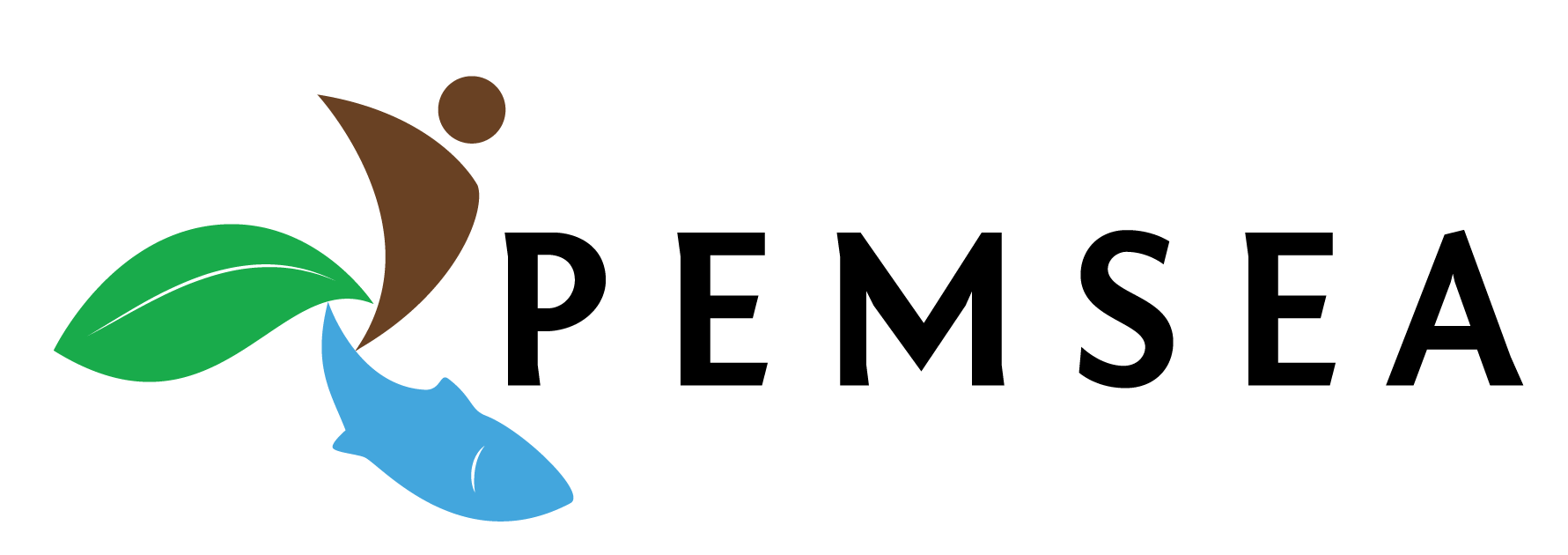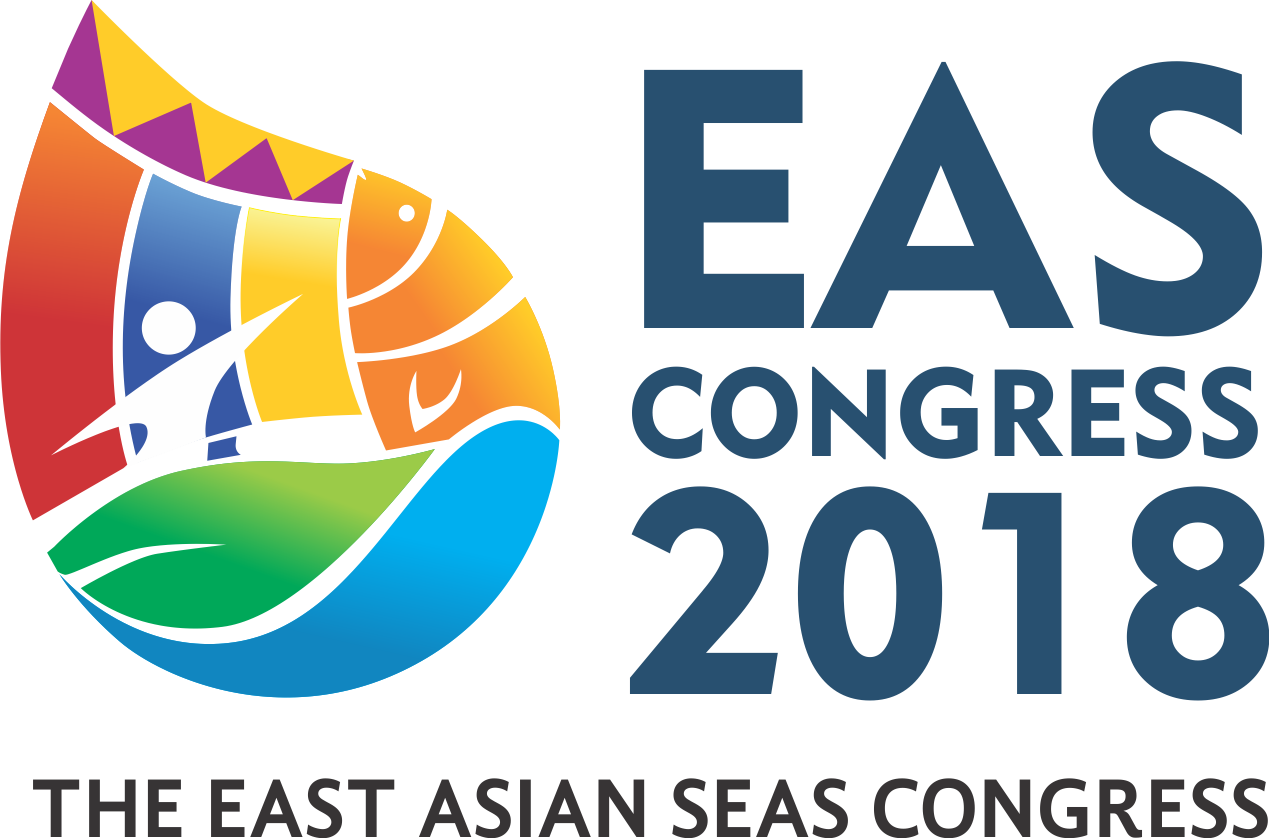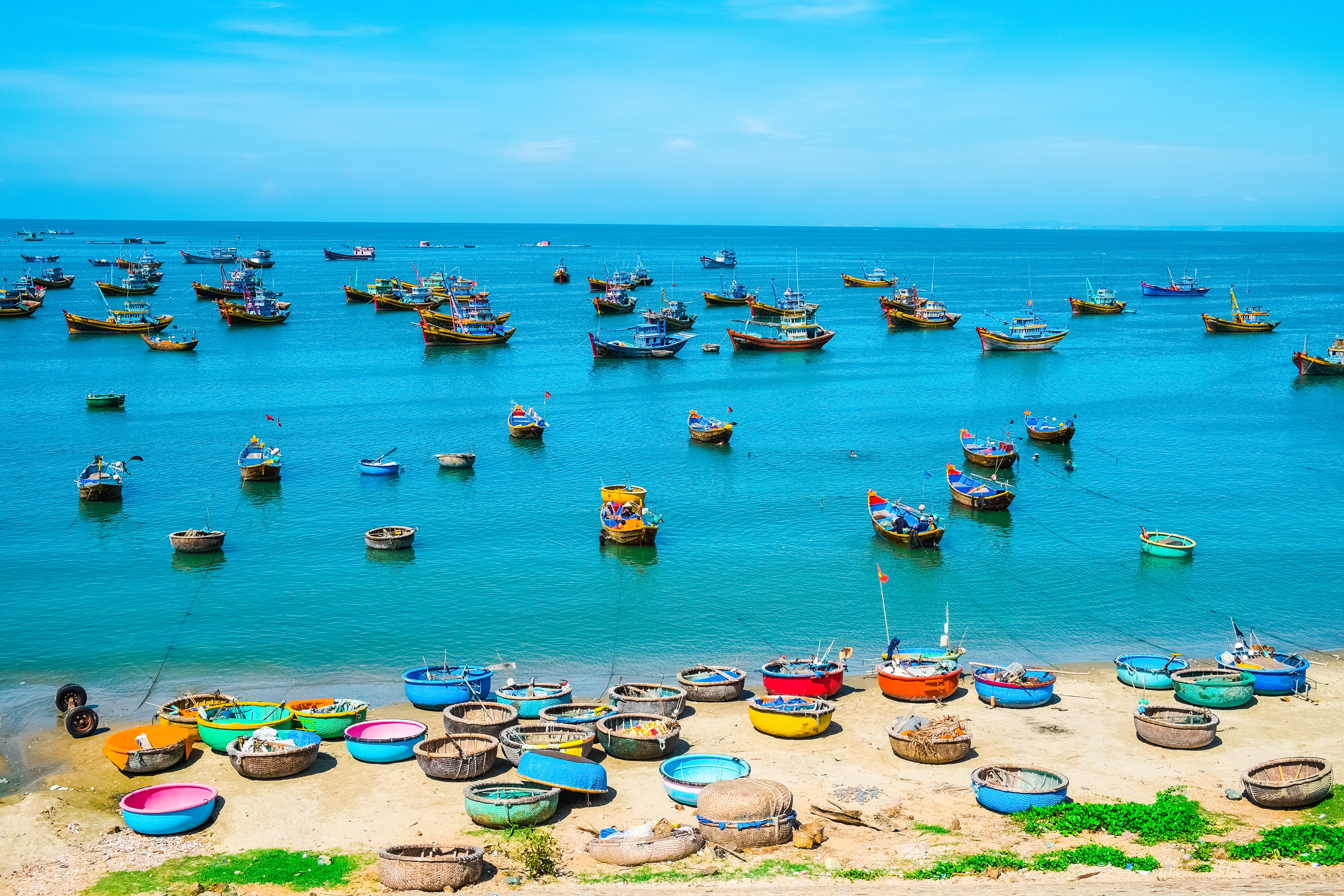Blue economy as a key to economic development and in safeguarding the health of marine and coastal ecosystems and communities, continuously gain attention in the international stage. The East Asian Seas Region, for one, recognizes the critical role of developing blue economy to the sustainable development
of the oceans and coasts.
Endowed with the highest concentrations of the world’s coastal and marine biodiversity, ocean economic activities aid some East Asian countries’ economic growth. Around 15-20% of their total gross domestic products (GDP) are accounted from the ocean economy through services like weather regulation, blue carbon, tourism and recreation, trade and transport, food, medicine and many others.
With this, numerous studies and reports on blue economy in the region are being conducted to improve ocean health, incomes and livelihood, the role of government as enablers and beneficiaries, including investment and business opportunities. The upcoming EAS Congress 2018 on 27-30 November at the Iloilo Convention Center will explore these case studies, interdisciplinary researches and reports through the Track 7: Blue Economy of the Partnership Hubs.
Join the global leaders, experts, and leading organizations as they delve into the region’s blue economy through the three different sessions.
Session 7.1 Capitalizing Upon Blue Economy Potentials for SDG14
 The Ocean Policy Research Institute of the Sasakawa Peace Foundation (OPRI) hopes to promote blue economy,safeguard environmental sustainability and socio-economic equity, and empower communities and stakeholders in the context of achieving the sustainable development goals. To achieve this, OPRI will examine case studies and analyze the critical factors relating to the conservation and sustainable management of coastal and marine resources as well as policy-science interface and stakeholder involvement for blue economy.
The Ocean Policy Research Institute of the Sasakawa Peace Foundation (OPRI) hopes to promote blue economy,safeguard environmental sustainability and socio-economic equity, and empower communities and stakeholders in the context of achieving the sustainable development goals. To achieve this, OPRI will examine case studies and analyze the critical factors relating to the conservation and sustainable management of coastal and marine resources as well as policy-science interface and stakeholder involvement for blue economy.
The four-hour session will include two panel discussions, featuring a number of research fellows from leading organizations and institutions.
Session 7.2: Interdisciplinary research to underpin planning and sustainable management for blue
economy

Recognizing the importance of interdisciplinary research in enhancing and integrating the understanding of social, economic and ecological services to support sustainable planning and management for blue economy, Plymouth Marine Laboratory (PML), United Kingdom will convene researchers from different organizations and institutions to tackle the different interdisciplinary research approaches, the resulting innovative tools, and how these tools can be applied across the multiple and interacting blue economy sectors to promote sustainability of ecosystem services.
Featuring presentations of case studies and a panel discussion, the two-hour session intends to identify potential partnerships to further the development and applications of approaches and tools in the EAS region’s blue economy sectors.
Session 7.3: SOC Reports and Blue Economy Innovations, Emerging Industries and Governance


Recognizing the importance of oceans to the national economies, livelihood, jobs and innovations, the Department of Environment and Natural Resources (DENR) together with PEMSEA would like to highlight the blue economy initiatives in the EAS region. A series of presentations on the ocean economy, emerging industries, and ocean governance, and panel discussions aim to increase awareness on the need to protect ocean health to realize the long term potential of oceans.
The four-hour session intends to highlight the key findings of the State of Oceans and Coasts reports, and the role of blue economy in the achievement of the sustainable development goals.

